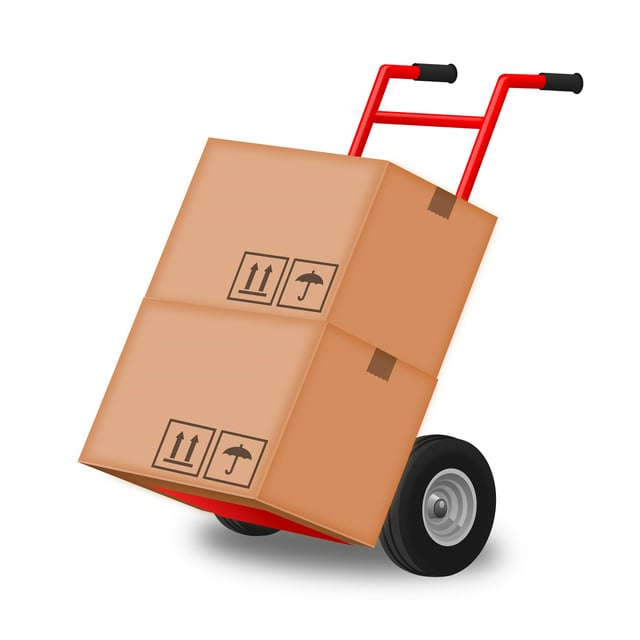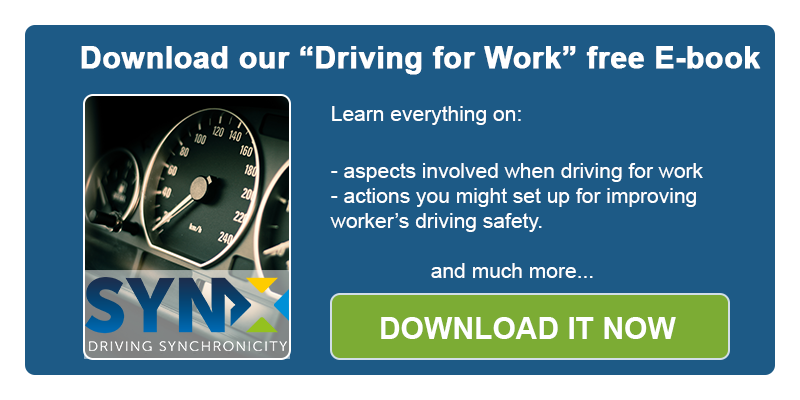
“Manual handling” - lifting things, in other words. It's just picking things up, everybody can do it since they were babies, right? It's true in the sense that say, running is just putting one foot in front of the other. Tell that to Usain Bolt or Paula Radcliffe.
If you're in the logistics business, moving goods by hand is a big part of your daily activity.
Manual handling is the biggest single cause of injury to the muscles and skeleton. Over 40% of workplace injuries in the transport and storage sector come from handling goods.
Apart from personal distress, this is a risk to the business. Costs from handling errors leading to injury may include compensation, lost productivity, sick pay for absences and the cost of any investigation.
It's not even funny. One employee injured his back while delivering a fridge. The business settled for €31,000 but he's got a bad back out of it.
SYSTEMATIC LIFTING
There is a good business case for managing the hazards of manual handling. It is advisable to train and equip employees for what is possibly the most critical part of their task.
Developing procedures to approach lifting in a systematic and safe way will cut down on injuries and reduce costs.
KNOW WHAT'S INVOLVED
It might sound like Health and Safety gone mad, but, a Safe System of Work Plan (SSWP) can help to protect the workers and the business from the hazards of manual handling.
It provides a risk assesment precedure for the type of load and delivery. It trains and equips the drivers to confront whatever load comes their way in consistent and safe manner.
The Health and Safety Authority has a useful publication entitled “Guide on Manual Handling Risk Management in Transport and Storage” available from their website www.hsa.ie .
Here are our 6 Tips for better manual handling:
1. Plan
Assess the risks. Figure out the best place to park the van. Know the type of environment you're entering in to. Have all the manual handling aids to hand. Know your exact drop off.
2. Load
Store heavy objects at waist level. Balance the load. Make the box or vessel is as solid as possible so it doesn't fall apart. If it's too heavy, empty things out and get them on a second run.
3. Equip
Utilise manual lifting aids and ladders. Use protective gear like gloves, safety boots and outerwear. Rack out the delivery vehicle for safe handling.
4. Train
Adopt a good posture. Lift with the legs, not the back. Never twist the spine - turn by shuffling the feet instead. Bear the load in close to your body. Avoid prolonged lifting above shoulder height.
5. Move
Clear the path ahead. Open the doors, clear obstructions and make sure you can see where your feet will be, especially when going down stairs.
6. Know the limits
Be clear on the weights involved by labeling parcels. Stop work when tired or fatigued as this is the time you'll get hurt. Deliberate. Putting your back out is not worth it to save 8 seconds.
*Bonus* No 7.: Monitor regularly
*Contributed by Michael Brennan, Avenue House Health & Safety Solutions


